His dedication to the highest ethical standards and moral principles won him the admiration of many of his colleagues on both sides of the aisle in the United States Congress. In the Spring of 2020, in Celebration of the 55th Anniversary of this life-altering event, LSA began a national search for the first John Lewis Fellows, resulting in 6 law students from across the country committed to providing free legal assistance to individuals in underserved and underrepresented communities to ensure Equal and Social Justice for all citizens in Alabama.
The initial goal of the proposal was to provide legal and social justice services to the Blackbelt and the Wiregrass citizens. However, due to the COVID-19 pandemic and the myriad of legal issues surrounding the virus, along with the increasing social justice issues across the country, we opted to use COVID-19 funding to combat these issues, therefore, the first year of fellows provided services and support throughout the entire state. The goal of the John Lewis Legal Services Fellowship Program remains to train recent law graduates who have an interest in Rural Economic Justice for a career in public interest and social justice law to provide social, economic and legal change; while working on legal issues that will improve the quality of life for low-income individuals. In addition to training the fellows, we are also providing the fellows a glimpse into the life and work of Congressman Lewis, through a speaker’s series and tours that travel in the Congressman’s footsteps in Alabama. As the country continues to mourn this giant of a man, we are humbled to honor his legacy and work through the LSA John Lewis Legal Services Fellowship Program.
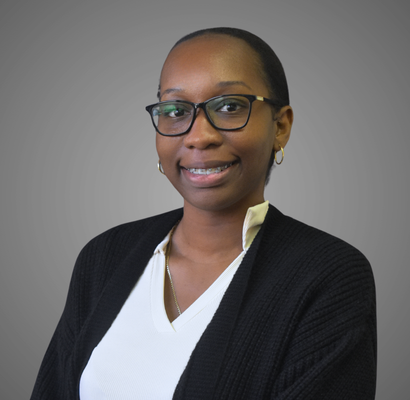
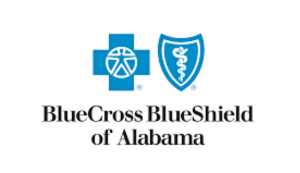
Amira Calhoun gained legal experience as a Summer Law Clerk at Legal Services Alabama in Montgomery. From 2022 to 2023, she volunteered as a client advocate with Life on Wheels, a Christian organization providing free, limited healthcare to low-income pregnant women. Calhoun also served as the 2023-2024 Chapter President of the National Black Law Students Association (BLSA) at Jones School of Law, supporting minority law students through academic, professional, and social initiatives.
Inspired by the legacy of John Lewis and the opportunities made possible by his work during the Civil Rights Movement, Calhoun is committed to advocating for access to justice. Growing up in a low-income household, she understands the importance of legal aid and believes that everyone, regardless of their economic status, deserves an advocate willing to fight on their behalf.
“I am passionate about providing legal aid to low-income people because I grew up in a low-income household, raised by grandparents who were making just enough to get by. I truly believe in the importance of access to justice. Low-income people deserve the opportunity to have an advocate in their corner that is willing to fight on their behalf.”
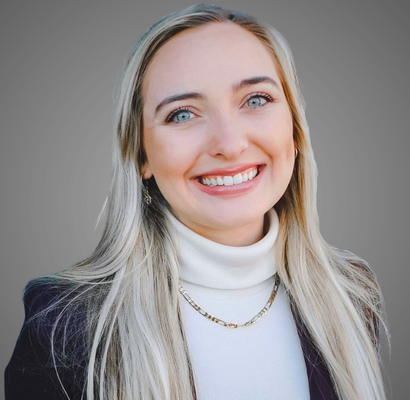

McKenzie Driskell returns to LSA as a fellow after multiple internships at LSA during law school. She has also participated in post-conviction work with Alabama Appleseed and Redemption Earned. She is actively involved with First Light Women’s Shelter as a member of their Young Partners board. Inspired by her internships at Legal Services, Driskell became a John Lewis Fellow to further develop skills in serving marginalized individuals in Alabama. She is passionate about providing legal aid to low-income individuals because she believes that access to justice is a fundamental right.
“After interning at Legal Services in law school I was exposed to the challenges faced by marginalized individuals in our state. Becoming a John Lewis Fellow felt like a natural steppingstone to hone my skills and continue serving my fellow Alabama citizens.”
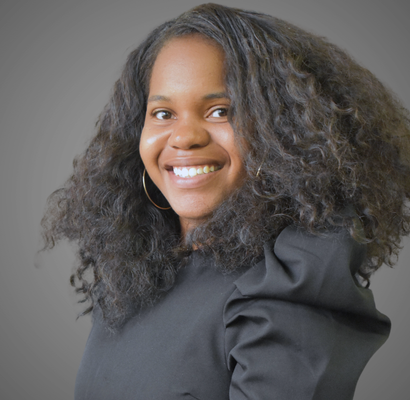
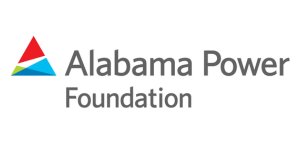
Chelsea Roberson an Officer in the Army JAG Corps with a history of diverse legal experience, starting with two years clerking at the Manning Law Firm, where she worked criminal defense and civil cases. After relocating to Montgomery, she worked at the Montgomery Public Defender’s Office. Roberson is also heavily involved in community service as a member of Alpha Kappa Alpha Sorority, Inc., and through participation in the Juvenile Advocacy Clinic, Criminal Law Society, and Veterans Law Society. Working in the legacy of John Lewis is especially meaningful to Roberson, who has committed to public service through both law and military service. She resonates with Lewis’s values of courage, resilience, and advocacy for the underrepresented.
“My passion for providing legal aid to low-income people stems from a deep commitment to justice and equality. Having worked with such vulnerable populations such as juveniles, veterans, as well as be a pillar for those who have been incarcerated, I have seen firsthand how legal barriers can trap people in cycles of poverty.”
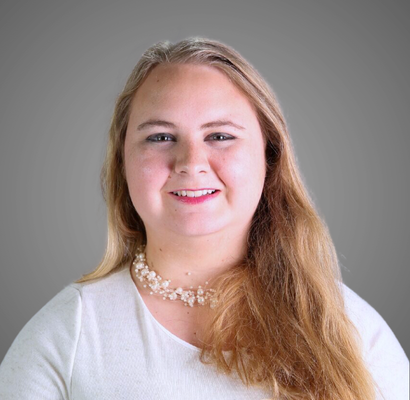

Originally from Huntsville, Diana Snellgrove gained valuable legal experience clerking for Hon. Donna Pate, a Circuit Judge in Madison County and working with LSA during the summers following her 1L and 2L years. Snellgrove was actively involved in the Public Interest Student Board and the Domestic Violence Clinic at the University of Alabama School of Law, where she collaborated closely with a social work student to take a holistic approach to client cases. This experience helped her develop effective communication tactics, ensuring that clients always felt heard, understood, and respected, in addition to having their legal issues addressed.
“I developed a deep respect for the clients that I was exposed to during my work as a summer law clerk and student attorney. Their strength and resilience, even while under intolerable financial and societal pressure, inspires me to do everything I can to help them out of bad situations.”
